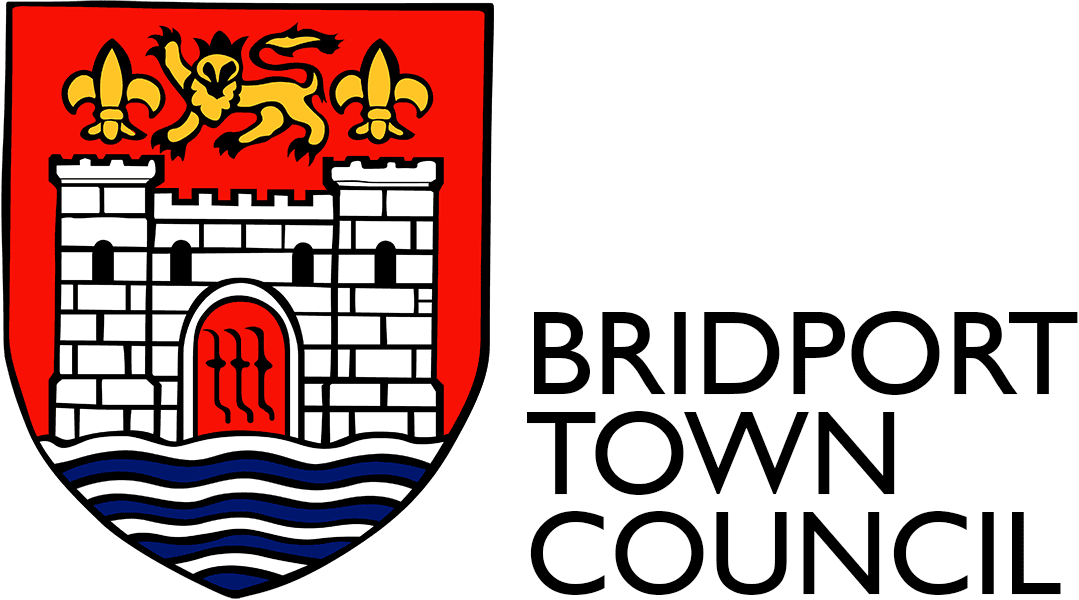Introduction
Bridport Town Council joined with Wessex Community Assets, Arts Development Company and Common Ground to provide in kind support to the Raise the Roof Project. Assemble Studio were commissioned to deliver the project following the success of securing a grant from Arts Council England.
Raise the Roof Brief:
The current crisis of affordability and how local people can be agents to resolve issues using new construction methods and materials, 2019 being the centenary of the Addisons Act and Bridport’s pioneering response at that time to building quality social housing,
To provide a response to the housing and design challenges identified in the Bridport Area Neighbourhood Plan and the Housing Needs Assessment, a need to find local solutions to affordability, ecological construction whilst looking afresh at how the community engages in housing construction and the benefits that could flow to the local economy through community led housing schemes,
The need to establish a working template for community build projects and stimulate community engagement and empowerment through skills development.
Assemble architects spent time in Bridport meeting individuals and organisations with interests in housing and construction. CASS Students from London Metropolitan University undertook field working in Bridport for their Masters course in 2019/2020, generating new and innovative perspectives on sites around Bridport. These consultations helped shape and guide the final ‘Proposition for Bridport’ report.
Assemble gave a public presentations on November 21st at the LSI attended by over 80 people. A workshop session for practitioners was held in the Town Hall on November 22nd attended by over 45 groups. These consultations helped shape and guide the final ‘Proposition for Bridport’ report.
A Proposition for Bridport
Assemble submitted their final report in February 2020 – this sets out their ‘proposition’ to realise the ambition to draw upon locally available material, cultural and technical resources to design buildings and organise production to enable the construction of buildings which are more ecological, more spatially generous and varied, and more materially and visually rich than what is typically realised in urban and rural contexts today.
These designs are intended to act as a starting point for more detailed discussions with local partners, businesses and organisations and to enable more detailed examination and development of the technical, spatial, industrial and political aspects of the project.
Raise the Roof has secured a second phase of funding to prove the concept of using local materials through prototype build projects.
Over the next two years working with local partners Raise the Roof 2 aims to:
- Promote regenerative land management through sustainable agriculture and forestry to produce materials for the local market. Example activities include:
- Establishing a Woodland Owners/ Manager Group to produce an online suppliers platform to encourage greater use of local timber,
- Setting up a Hemp Growers Study Group to research planting, harvesting and processing of hemp for a range of local markets,
- Setting up a volunteer ‘Wood Club’ to work on woodland management projects within 30 miles of Bridport.
- Support development of local enterprise infrastructure, specifically development of greater processing facilities for timber and woody fibres and
- Engage in three local build projects to prototype use of natural materials, including affordable housing.
Raise the Roof 2
The ambition of Raise the Roof 2 is to support transition to a low carbon future for the Bridport Area – with a focus on changing the approach to construction by promoting low carbon building methods that draw on materials from local farming and forestry and in so doing, create new, more sustainable economic opportunities for the growing town.
There are three inter-locking crises faced by communities across the UK, and they need to be tackled together in order to build resilient, equitable and sustainable local economies. The Bridport Area is a case in point where the impact of crises present real challenges for individuals, families and communities
Mass use of natural building materials brings many benefits including lower embodied carbon and sequestration, ecologically regenerative, circularity, and improved effect on health & wellbeing. We define ‘natural’ as minimally processed materials of organic origin that are abundant / renewable, climate positive and non-toxic.
For more Information see:
